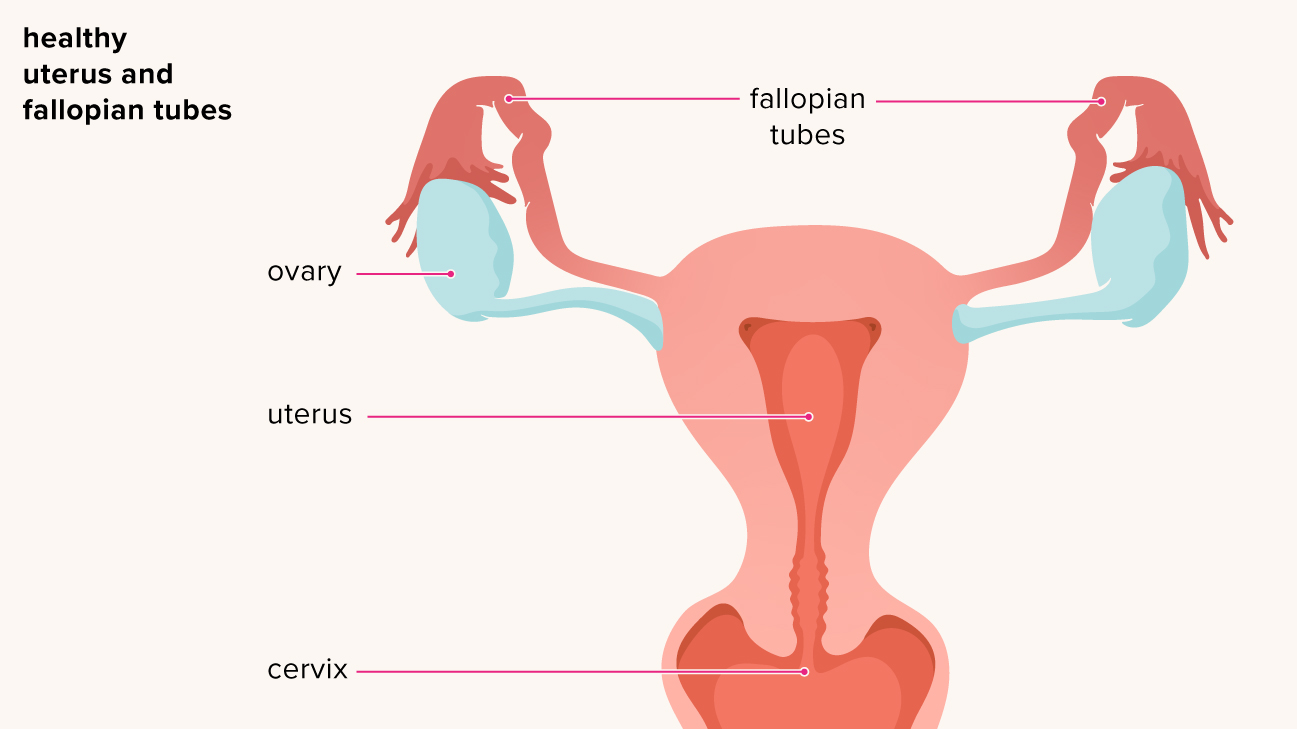Pelvic inflammatory disease is an infection occurring in the female reproductive organs. It affects the uterus, fallopian tubes, and ovaries. Mostly, it is caused by the sexually transmitted bacteria. However, some other factors can also increase your chances of having pelvic inflammatory disease. An untreated pelvic inflammatory disease can lead to serious implications related to your fertility, pregnancy, and personal life.
Symptoms of pelvic inflammatory disease
Generally, you may face no major symptoms of pelvic inflammatory disease, making it difficult to get diagnosed and treated. Therefore, it is important to be watchful about some possible signs and symptoms like:
⦁ Lower abdominal pain or tenderness
⦁ Feeling feverish or sick Abnormal vaginal discharge with an unusual odour
⦁ Painful urination
⦁ Pain or discomfort during sexual intercourse
⦁ Heavy and painful periods
What causes pelvic inflammatory disease?
Pelvic inflammatory disease is generally caused by sexually transmitted infections and bacteria like chlamydia or gonorrhoea and mycoplasma genitalium. These bacteria enter from your vagina into your cervix and reach higher up to your reproductive organs. You are prone to get these infections due to unprotected sex.
However, in some cases, pelvic inflammatory disease does not occur due to sexually transmitted infections. Your vagina contains many different bacteria in general which sometimes can cause PID. It can generally happen after:
⦁ Having a baby or childbirth
⦁ Pelvic surgery
⦁ Miscarriage
⦁ Insertion of Intrauterine contraception device. However, the small increased risk is mostly limited to first three weeks after IUCD is inserted.
Situations of being at higher risk of developing PID
You are more prone to the risk of developing PID if you :
⦁ have a sexually transmitted infection, especially chlamydia or gonorrhoea and do not get treated.
⦁ Have multiple sexual partners
⦁ Have a history of pelvic inflammatory disease
⦁ Are under 25 years of age and are sexually active
An early diagnosis and treatment of pelvic inflammatory disease can cure the disease. But a delay in diagnosis and treatment can lead to some severe and long-term complications like:
Blockage of fallopian tubes
Untreated pelvic inflammatory disease can lead to the development of scar tissues and pockets of infected fluid that block the reproductive organs.
Infertility
Blocked fallopian tubes and delayed treatment of pelvic inflammatory disease can put you at a greater risk of infertility.
Ectopic pregnancy
The development of scar tissues in the fallopian tubes prevents the implantation of the fertilised egg in the uterus. In such cases, the egg gets implanted into the fallopian tube itself which can dramatically increase the risk of massive bleeding during pregnancy and the need for emergency medical attention.
Consistent and chronic pelvic pain
Long-term suffering from pelvic inflammatory disease can cause pain for months and years, especially during intercourse and ovulation.
Life-threatening infection
The development of pus in your reproductive tracts mainly affects the fallopian tubes and ovaries. Whereas in some cases the infection may spread to your uterus and pelvic organ making it more harmful to your well-being.
Stay updated to know about the diagnosis and treatment of pelvic inflammatory disease in our upcoming blog.


Leave A Comment